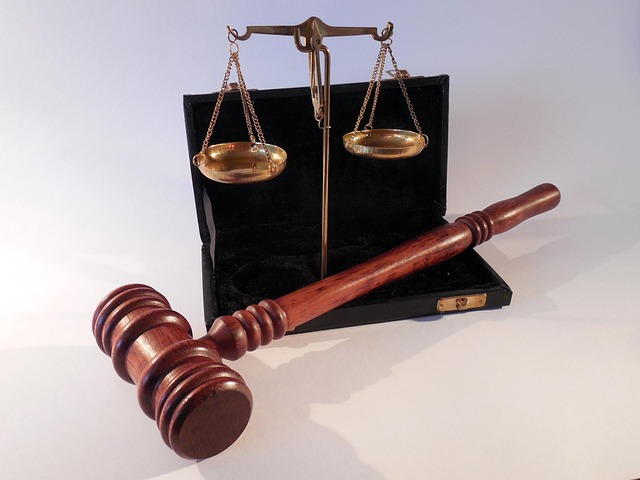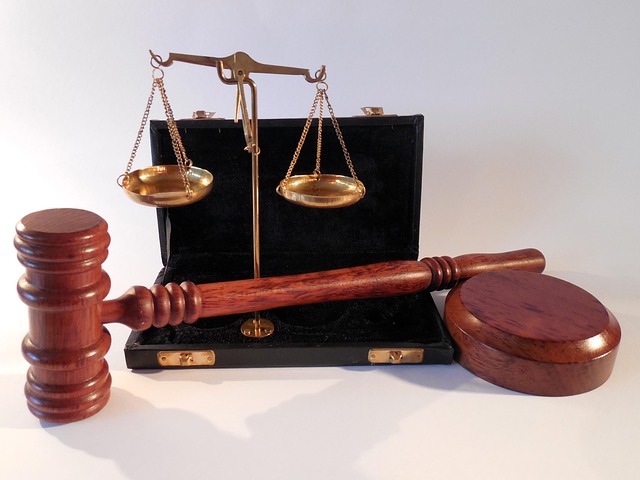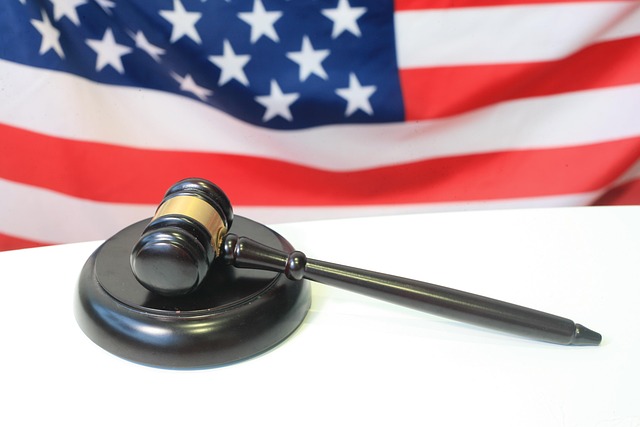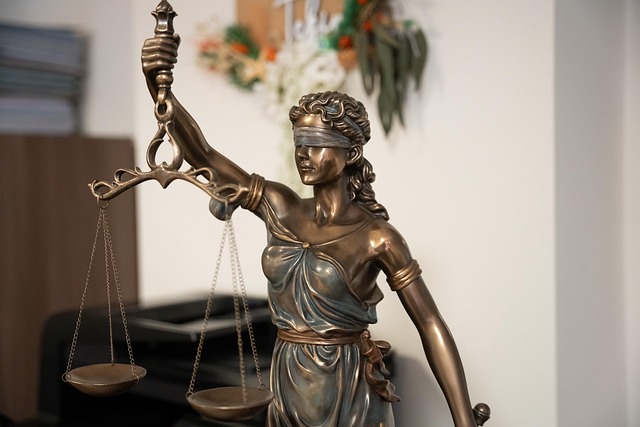Securities class actions provide a collective legal approach where investors unite against entities accused of fraudulent or illegal securities activities, focusing on financial harm. Unlike libel cases in civil court that deal with reputation damage, these actions tackle complex white-collar crimes. By learning from libel case examples in civil court, investors can effectively navigate the legal landscape, seek justice, and promote corporate transparency through collective action and jury trials, ultimately aiming for monetary compensation and accountability.
Securities class actions play a pivotal role in safeguarding investor rights, holding companies accountable for fraud or misconduct. This article explores the intricate legal framework surrounding these complex cases, delving into common grounds for filing, including violations of federal securities laws and breach of fiduciary duty. We present notable libel case examples from the civil court, showcasing successful outcomes that have reshaped corporate governance. Understanding these cases is essential for investors, attorneys, and businesses alike to navigate the impact and outcomes of securities class actions effectively.
- Understanding Securities Class Actions: A Legal Framework
- Common Grounds for Filing a Class Action Lawsuit
- Notable Libel Case Examples in Civil Court
- The Impact and Outcomes of Securities Class Actions
Understanding Securities Class Actions: A Legal Framework

Securities Class Actions involve a group of individuals joining forces to take legal action against an entity that has allegedly engaged in fraudulent or illegal activities related to securities. This collective approach, often referred to as a class-action lawsuit, is a powerful tool for investors seeking justice and compensation for financial losses. The legal framework surrounding these actions is intricate, designed to balance the rights of individual plaintiffs with the need to efficiently resolve complex cases.
At the heart of this process lies the concept of standing, where each plaintiff must demonstrate a personal injury resulting from the defendant’s conduct. Unlike a libel case in the civil court, which focuses on reputation damage, securities class actions center on financial harm. As these cases often involve intricate white-collar crimes spread across the country, the legal strategy must address both the specific acts of fraud and their widespread impact. Understanding this framework is crucial for investors seeking redress, ensuring they navigate the complex landscape with informed strategies to avoid indictment while pursuing justice.
Common Grounds for Filing a Class Action Lawsuit

When considering whether to file a class action lawsuit for securities violations, potential plaintiffs often gather around common grounds that have proven successful in civil courts. One prominent example is when a company makes misrepresentations or omits crucial information regarding its financial standing or products, leading to significant losses for investors. These libel case examples in civil court highlight the power of collective action, where numerous individuals come together to hold the culpable party accountable.
Another prevalent reason for class actions involves avoiding indictment and navigating all stages of the investigative and enforcement process individually. Class action lawsuits provide a more efficient alternative, allowing plaintiffs to pool resources and expertise while collectively seeking redress. Moreover, jury trials in such cases can serve as a powerful deterrent, ensuring that corporations are held responsible for their actions, with potential damages awards acting as a significant incentive to uphold transparency and ethical practices.
Notable Libel Case Examples in Civil Court

In the realm of civil litigation, Libel Case Examples in Civil Court stand out as pivotal instances where individuals or entities have sought justice for perceived defamation. Notable cases like New York Times Co. v. Sullivan (1964) in the United States set a precedent for holding media outlets accountable for false publications with actual malice. This landmark decision has shaped how achieving extraordinary results in libel cases is approached, emphasizing the need for factual accuracy and responsible journalism.
Across the country, various white collar and economic crimes have sparked significant libel suits. For instance, a company’s inaccurate public statements regarding its financial health can lead to class-action lawsuits from aggrieved investors. These cases not only highlight the importance of transparent corporate governance but also demonstrate how individuals and entities can band together to hold powerful organizations accountable for their words, ensuring they face consequences for libel case examples in civil court that breach legal boundaries.
The Impact and Outcomes of Securities Class Actions

Securities Class Actions have a profound impact on both individuals and institutions, serving as a powerful tool for justice in the realm of finance. When investors collectively take on powerful corporations in what often amounts to a libel case within the civil court, the outcomes can be transformative. These actions not only seek monetary compensation for wronged investors but also hold culpable parties accountable for fraudulent or negligent conduct.
The success of such cases often lies in their ability to create precedents and set standards for corporate conduct. Through jury trials, where evidence is rigorously scrutinized, securities class actions have led to substantial financial recoveries for victims of white collar and economic crimes. For his clients, these suits represent not just a means to recoup losses but also a way to ensure transparency and deter future misconduct, shaping the legal landscape in significant ways.
Securities class actions play a pivotal role in holding corporations and individuals accountable for fraudulent or negligent activities. By understanding the legal framework, recognizing common grounds for filing, and examining notable libel case examples in civil court, we gain insights into the impact and outcomes of these actions. These lawsuits not only compensate affected investors but also serve as deterrents, fostering a more transparent and fair securities market. As seen through various libel case examples, successful class actions can lead to significant financial remedies and positive changes in corporate behavior.






